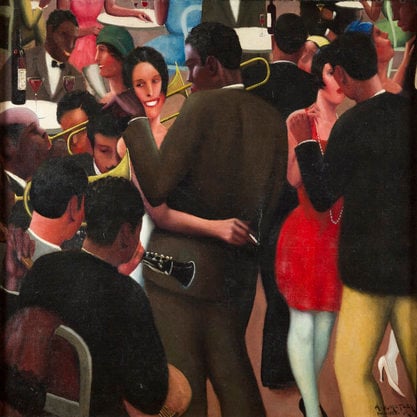Article
Lachenmann, Helmut (Friedrich) (1935--) By Heile, Björn
Article
One of the most influential composers to emerge from Germany following the post-war avant-garde movement, Helmut Lachenmann has remained committed to the legacy of integral serialism while also seeking to overcome what he has regarded as its limitations. His personal breakthrough came with the development of what he calls musique concrète instrumentale in which he employs extended playing techniques for traditional instruments, often resulting in noise-like timbres. In his writings, he has contrasted his own composition with what he considers the ‘‘symphonic sound’’ of the traditional ‘‘esthetic apparatus,’’ arguing that listening to his music can liberate audiences from their habits and thus open them up to new experiences. His thought, with its demanding ethos concerning the social function of the composer, is heavily influenced by the philosophy of Adorno; the aforementioned ‘‘esthetic apparatus’’ is indebted to the latter’s ‘‘culture industry,’’ and Lachenmann likewise shares Adorno’s concept of the ‘‘sedimented history in the material.’’ The sometimes polemical dialectics of his writings, particularly of his earlier texts, has led the composer Hans Werner Henze to infamously describe Lachenmann’s work as musica negativa, characterized primarily by the denial of habit and beauty as conventionally understood. From a later perspective, it seems more fruitful to concentrate on Lachenmann’s approach to creating sound, ‘‘building an instrument’’ as he calls it, and the new listening experiences this offers, as opposed to dwelling on what he eschews (combining existing sounds). His concern for the energetic properties of sound can be likened to the concept of the ‘‘molecular’’ in the philosophy of Deleuze and Guattari.


